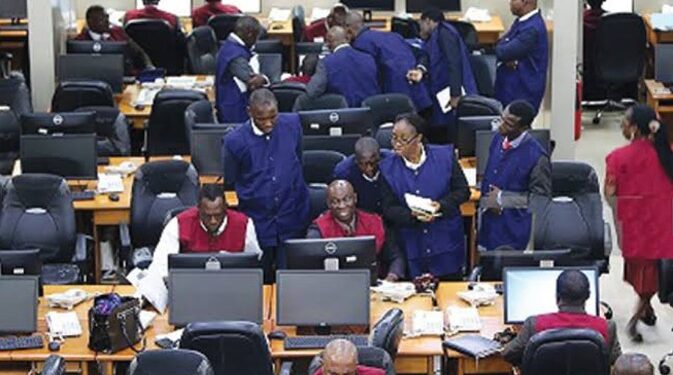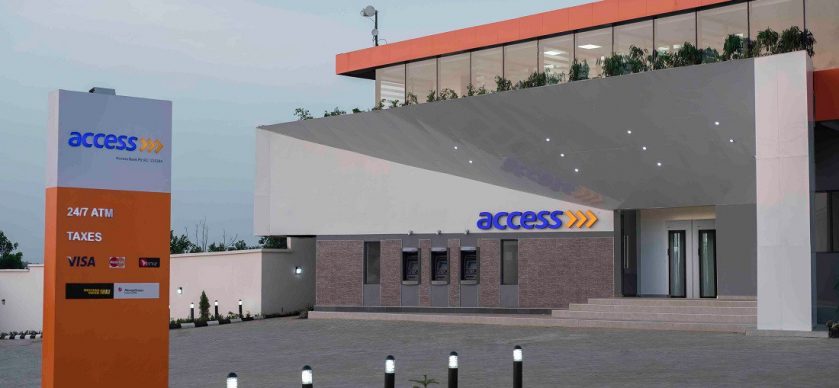business
Large Companies Lead Loan Defaults in Q1 2025 – CBN

The Central Bank of Nigeria (CBN) has highlighted rising loan defaults among Large Private Non-Financial Corporations (PNFCs) and Other Financial Corporations (OFCs) in the first quarter of 2025, sparking renewed concerns over credit risk in high-value lending segments.
According to the CBN’s Q1 2025 Credit Conditions Survey, loan performance generally improved across most sectors. However, large firms and OFCs recorded negative default index scores of -0.6, indicating a deterioration in repayment behavior in those groups.
Read Also:
- CBN to Settle only Verified Forex Backlog Claims
- CBN Targets Improved Corporate Governance with Insider Loan Crackdown
- Private Sector Grows for Third Month – CBN
The report stated, “Lenders noted reduced default rates for both secured and unsecured loans during the period. While small and medium PNFCs showed better repayment performance, large PNFCs and OFCs experienced higher default rates.”
This shift marks a downturn from Q4 2024, when large corporates posted a positive index of 4.3 and OFCs scored 5.0. These groups had performed even better in Q3 2024 with scores of 4.9 and 6.8, respectively.
In contrast, smaller businesses showed resilience. Small enterprises posted a default index of 0.5, down from 9.0 the previous quarter, while medium-sized PNFCs recorded 3.0, suggesting ongoing recovery.
Stronger loan repayment among SMEs is attributed to tighter lending criteria and improved business cash flows.
Household Lending Remains Positive
The performance of household loans continued to improve. Secured loans posted a default index of 3.9, while unsecured loans scored 5.0, marking sustained recovery from the negative figures recorded in 2022 and early 2023.
Household demand for credit rose, especially for personal loans and overdrafts, although demand for mortgages and credit cards dipped during the quarter.
Credit Tightens Amid Higher Demand
Despite the rise in demand for corporate and secured loans, lenders imposed stricter credit scoring measures in Q1 2025. Loan approvals increased for corporate and secured loans but declined for unsecured lending.
Loan pricing also adjusted, with spreads over the Monetary Policy Rate (MPR) widening across most segments. OFCs, however, saw narrowing spreads, possibly reflecting lender optimism about future liquidity or anticipated government intervention.
Impact on Credit Strategy
The worsening loan performance among large borrowers could lead banks to increase provisioning and become more conservative in large-ticket lending.
While the CBN clarified that the report represents lender sentiment rather than official policy, it offers a key insight into Nigeria’s evolving credit risk environment.



